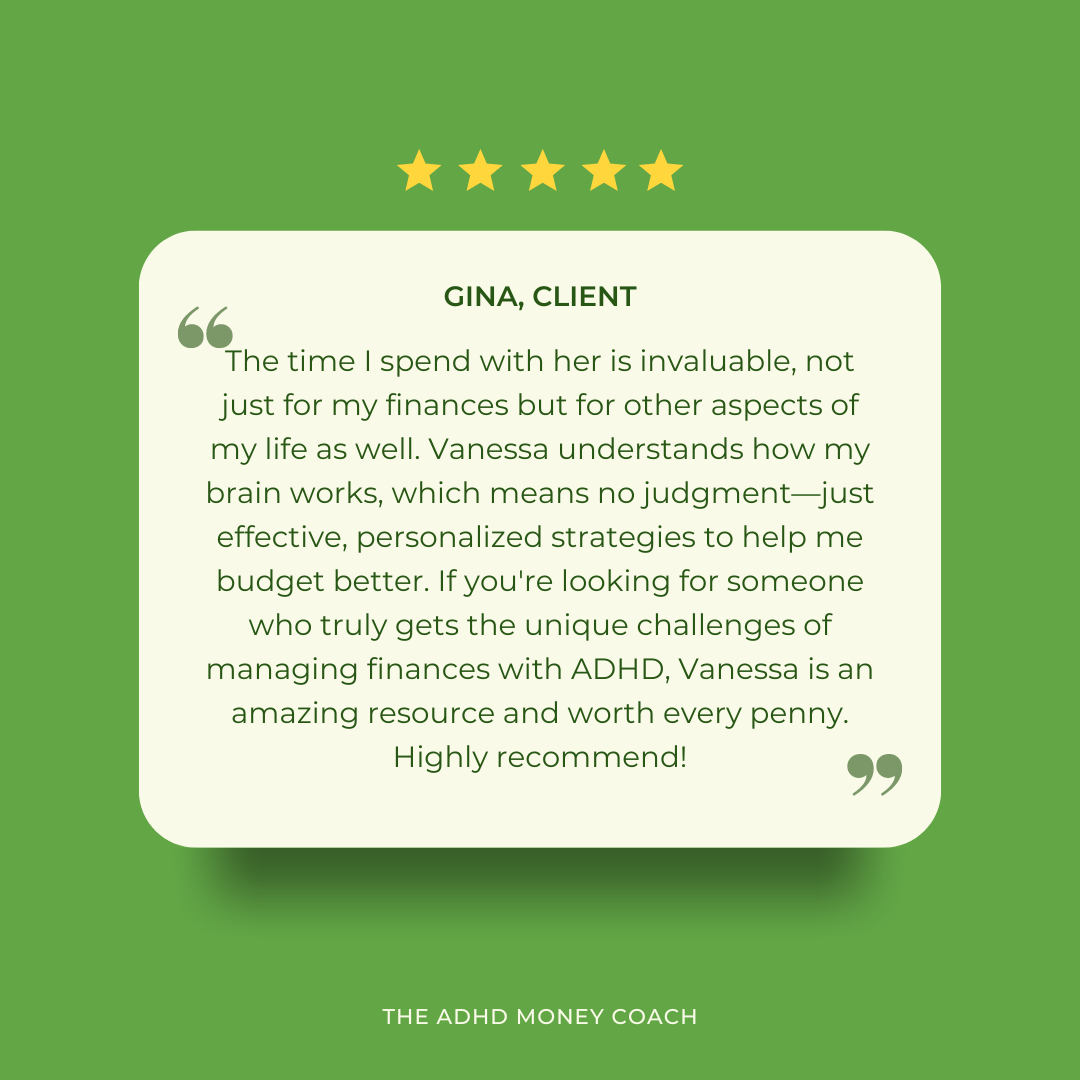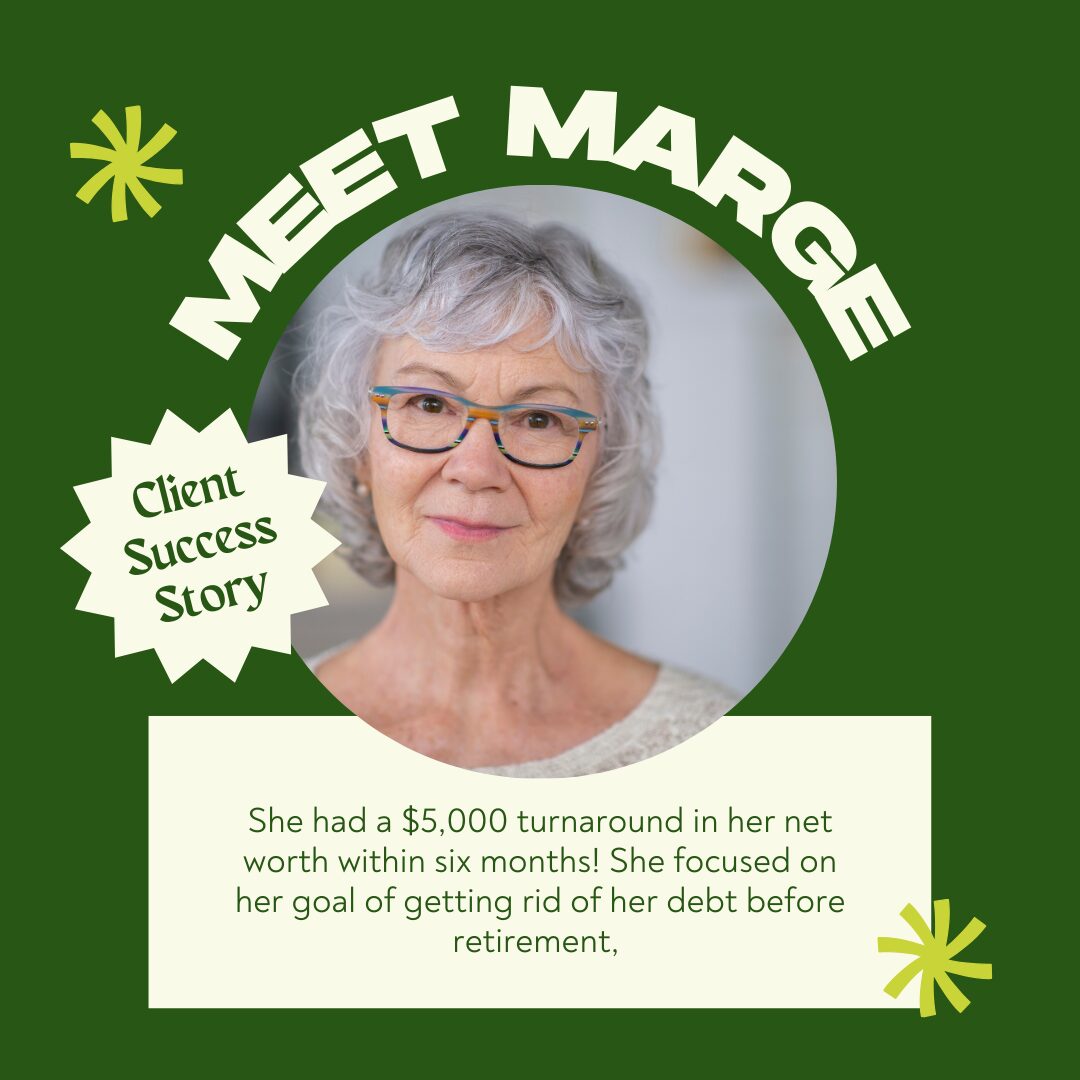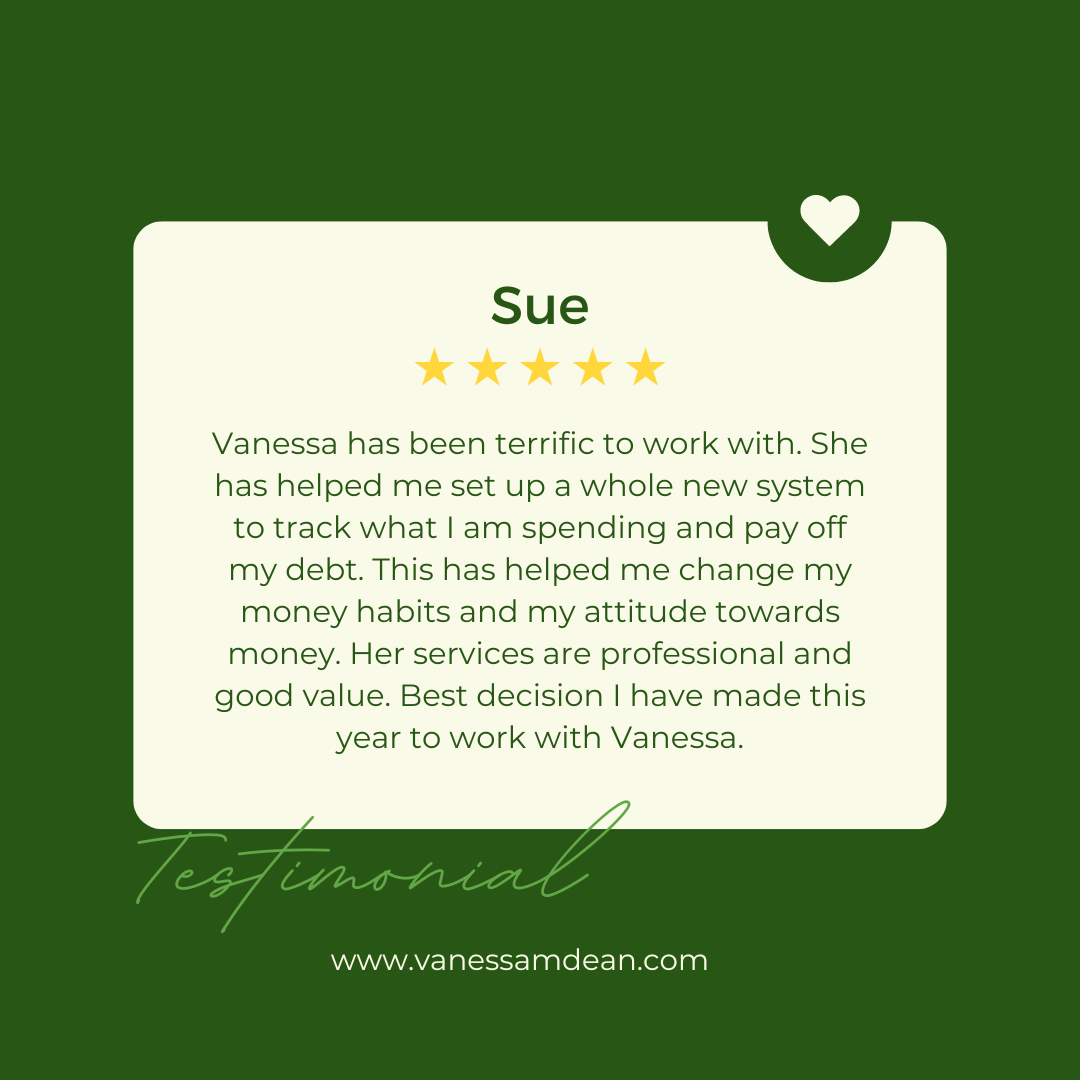We recently connected with Vanessa Dean and have shared our conversation below.
Vanessa, so glad you were able to set aside some time for us today. We’ve always admired not just your journey and success, but also the seemingly high levels of self-discipline that you seem to have mastered and so maybe we can start by chatting about how you developed it or where it comes from?
I’ve developed my self-discipline from several significant influences throughout my life.
My upbringing laid the foundation. My dad lived by the motto, “If it needs doing, do it now.” This philosophy was more than just words—it was a rule. If my brother or I were asked to do something, we were expected to do it immediately, no matter what we were doing. This instilled a sense of responsibility and accountability early on.
A few months after graduating high school, I joined the U.S. Army—a crash course in self-discipline if there ever was one. After basic training, I attended a highly technical school to learn how to repair medical equipment, a program with a notoriously high attrition rate. I had to develop strong study habits while upholding the Army’s rigorous standards as a soldier. In my work, people’s lives were quite literally in my hands. If I repaired equipment incorrectly, it could cost someone their life. Few things demand as much integrity and self-discipline as that responsibility.
Today, my family motivates me to remain self-disciplined. I homeschool my four children, taking personal responsibility for their education. Without state funding or standardized requirements, the success of their learning rests on my shoulders. I’m also responsible for modeling and teaching them self-discipline in their daily routines. While my husband shares in this responsibility, I manage the day-to-day aspects of their education.

Appreciate the insights and wisdom. Before we dig deeper and ask you about the skills that matter and more, maybe you can tell our readers about yourself?
I’m a money coach specializing in helping individuals with ADHD take control of their finances. I chose this path because I genuinely love creating budgets and working with numbers. My niche naturally became ADHD because I live it every day—both I and my family (my husband and kids) have ADHD. When you look at the research, the financial struggles faced by those with ADHD are clear. Managing a budget and avoiding financial chaos requires strong executive functioning skills, which are often a challenge for people with ADHD.
I find so much joy in helping my clients build budgets that pave the way to paying off debt and saving for the future. Seeing the relief on their faces as they make progress on debts that once felt overwhelming is incredibly motivating.
One of the most valuable aspects of my coaching is the accountability I provide. We meet weekly to review their progress and tackle common challenges like impulsive shopping. Together, we identify triggers and discuss strategies to curb those impulses. While it’s a gradual process, consistent accountability makes a huge difference in their success.
Currently, I’m developing a MasterClass on *Understanding Your Impulsive Triggers*, which will take place on **February 18th at 7:30 PM EST**. You can register here: https://vanessadean.myflodesk.com/w58dbihc3p
I’m also working on creating a mini-course, which I hope to launch this summer. In the meantime, I’m pursuing further training as an ADHD Practitioner and working toward my ICF coaching certification to better serve my clients.

If you had to pick three qualities that are most important to develop, which three would you say matter most?
If I had to pick three qualities that were the most impactful in my journey, they’d be self-discipline, integrity, and problem-solving.
Self-Discipline
This has been a game-changer for me. Whether it was sticking to routines that worked for my ADHD, managing finances, or homeschooling my kids, self-discipline was the thread that tied it all together. It’s not about being perfect—it’s about showing up, even when it’s hard. Honestly, some days I didn’t feel like it, but I’ve learned that taking even one small step can keep the momentum going.
Integrity
For me, integrity means doing the right thing, even when no one’s watching. It’s been my guiding principle, whether I was repairing medical equipment in the Army or managing my family’s life. It’s not always easy, but staying true to your values builds confidence and trust in yourself.
Problem-Solving
Life throws curveballs, and I’ve learned to see problems as puzzles waiting to be solved. Whether it’s figuring out how to make routines work for ADHD, finding creative ways to cut expenses, or helping my clients overcome financial struggles, problem-solving has been a skill I rely on daily.
Advice for Those Just Starting Out
Start Small with Self-Discipline: You don’t need to overhaul your life overnight. Pick one habit—just one—that you can stick to. It could be as simple as checking your bank account every day or setting a timer for 15 minutes to tackle a task. Consistency builds confidence.
Live with Integrity: Think about what really matters to you, and let that guide your decisions. It helps you stay grounded, especially when things get tough.
Embrace Problem-Solving: Don’t get discouraged by setbacks. Instead, ask yourself, “What’s one small step I can take to move forward?” Breaking problems into bite-sized pieces makes them less overwhelming.
Remember, progress isn’t a straight line. Some days will feel harder than others, and that’s okay. Celebrate the small wins, and trust that every step forward, no matter how small, is part of your journey.

Any advice for folks feeling overwhelmed?
When you’re overwhelmed, it’s easy to feel like everything is crashing down at once. One of the most helpful things you can do is figure out what’s triggering that feeling. Sometimes, it’s obvious—a cluttered space, a mile-long to-do list, or a deadline creeping up. Other times, it’s more subtle, like unrealistic expectations you’ve set for yourself or feeling stuck in a task you don’t enjoy.
Here’s what’s worked for me:
First, I stop and ask myself, What just pushed me over the edge? Maybe it’s the mess in the kitchen, an email I forgot to send, or just realizing I’ve taken on way too much. Once I know the trigger, it’s easier to take a step back and deal with it.
Then, I pause. And I mean really pause. I’ll step outside for a few minutes, take some deep breaths, or do something grounding like splashing water on my face. It’s hard to think clearly when your brain is spiraling, so giving yourself that moment can make all the difference.
Next, I break things down. I grab a piece of paper or open my notes app and list out the things swirling in my head. Then, I pick one small, manageable task to start with. Seriously—just one. It could be unloading the dishwasher or responding to one email. Knocking out that first thing always helps me feel like I’m back in control.
Finally, I remind myself that I don’t have to do it all right now or even do it alone. If I’m overwhelmed at home, I’ll ask my kids or husband to help. If my schedule feels packed, I look for something I can reschedule or let go of altogether.
Overwhelm happens to everyone, but it doesn’t have to take over. By figuring out what’s triggering you and giving yourself permission to slow down, you can tackle things one step at a time and feel a little more in control.
Here are a few other ways to stop the spiral: play “I Spy,” try some quick mental math problems, or talk to yourself in the third person. Believe it or not, these really work! I use them with my kids when emotions are running high, and they’ve even started using them on me. It’s such a simple way to get everyone regulated, and it helps take the pressure off in those overwhelming moments.
Contact Info:
- Website: https://www.vanessamdean.com
- Instagram: https://www.instagram.com/vanessa_dean_adhd_money_coach/
- Facebook: https://www.facebook.com/profile.php?id=100068231148573
- Linkedin: https://www.linkedin.com/in/vanessa-dean-378347312/

so if you or someone you know deserves recognition please let us know here.




